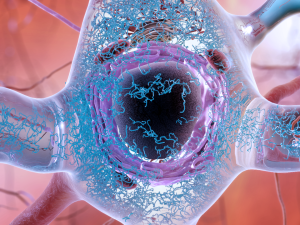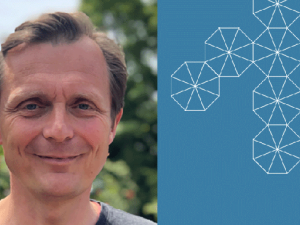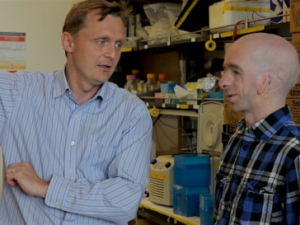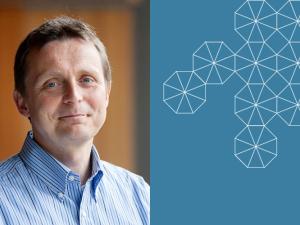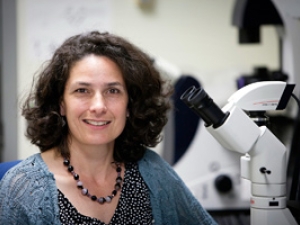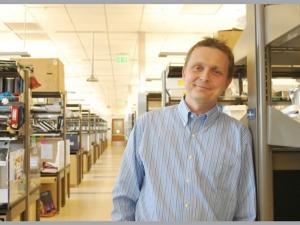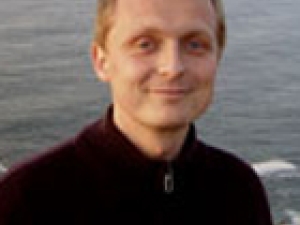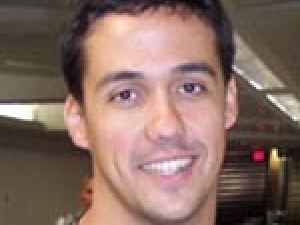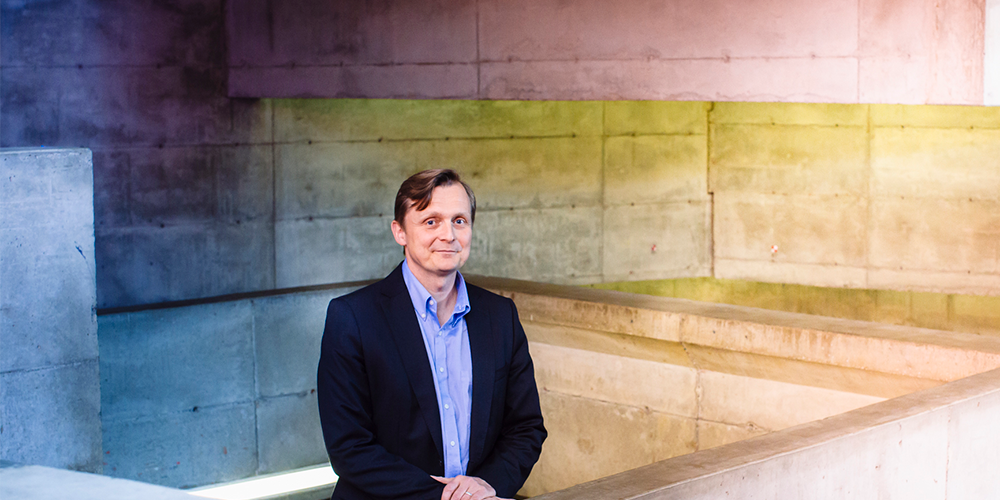

Research Bio
Michael Rapé is a Professor and Founding Head of the new Division of Molecular Therapeutics in the Department of Molecular Cell Biology. He is also an Investigator with HHMI and the Dr. K. Peter Hirth Chair of Cancer Biology. The Michael Rapé Lab is implementing a combination of genetic screens, structural biology, biochemistry, and high-throughput chemical screening to discover stress response pathways that safeguard human development. They are also interested in developing first-in-class therapeutic modalities for the treatment of cancer and neurodegenerative disease. Rapé is co-founder of four biotech companies, including Nurix Therapeutics as the first company focussed on targeted protein degradation. Nurix is now a publicly traded and clinical-stage company. Rapé is also an iPartner with The Column Group venture firm.
Research Expertise and Interest
cancer, protein degradation, siRNA, Berkeley Screening Center
In the News
Are Stressed-Out Brain Cells the Root Cause of Neurodegenerative Disease?
Michael Rapé Discusses Berkeley’s New Division of Molecular Therapeutics
Research gives hope to those with head and facial deformities
Michael Rape receives Blavatnik award for young scientists
Developmental biologist Michael Rape is one of three winners of the 2016 Blavatnik National Awards for Young Scientists announced today in New York.
Howard Hughes Medical Institute names three new campus investigators
Nicole King, Russell Vance and Michael Rape took different routes to UC Berkeley’s Department of Molecular and Cell Biology, but they’ve ended up with one of the mostly highly sought positions at any American university: a fully subsidized appointment, with added research funds, as a Howard Hughes Medical Institute (HHMI) investigator.
The Cell’s “Everywhere” Molecule
Michael Rape studies ubiqutins that form chains, “like pearls on a string,” he says. In 2008, his lab discovered a new member of this chain configuration and determined how an enzyme called Ube2S is able to assemble it inside cells. Without the Ube2S enzyme and the ubiquitin chain, he found, cells cannot divide. But with too much Ube2S – and too many ubiquitin chains – cell division runs out of control.
Bakar Fellow Dr. Michael Rape awarded the Vilcek Prize for Creative Promise in Biomedical Science
Dr. Michael Rape, Bakar Fellow and Associate Professor of Cell and Development and Biology at UC Berkeley, was awarded the Vilcek Prize for Creative Promise in Biomedical Science. He is a leading biochemical researcher helping to unravel the mysteries of the ubiquitin system, which tags damaged or bad proteins for destruction, and others for elimination to enable certain processes to occur, and therefore vital to the health of all life-forms.
Bakar Fellows advance commercially promising research
In its first year, the initiative will give research innovations by six early-career UC Berkeley faculty members — including technologies to move prosthetic limbs with the power of thought and to control Argentine ants using their own pheromones — a significant boost from the lab to the market.

